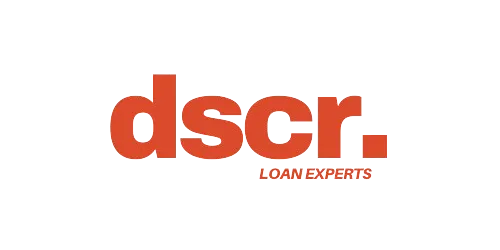
DSCR Cash Out Refinance Explained: Benefits and Risks
Can You Cash Out on a DSCR Loan?
Debt Service Coverage Ratio (DSCR) loans are a popular financing option, particularly for real estate investors, due to their unique qualification criteria that focus more on the income generated by the property than the borrower's personal income. One question that often arises is whether it's possible to cash out on a DSCR loan. The short answer is yes, but it comes with certain conditions and considerations. Let's explore this in more detail.
Understanding DSCR Loans
DSCR loans are primarily used by real estate investors to finance income-generating properties. The key metric here is the Debt Service Coverage Ratio, which is the ratio of a property's annual net operating income (NOI) to its annual debt service (loan payments). Lenders use this ratio to assess the property's ability to generate enough income to cover the loan payments.
A DSCR greater than 1 indicates that the property generates more income than necessary to cover its debt obligations, which lowers the lender's risk. Conversely, a DSCR less than 1 suggests that the property does not generate enough income to meet its debt payments, posing a higher risk to lenders.
Cash-Out Refinance: What Is It?
A cash-out refinance allows property owners to refinance their mortgage for more than they currently owe, taking the difference in cash. This can be an attractive option for investors looking to leverage their property's equity to invest in additional properties, fund renovations, or meet other financial needs.
Cashing Out on a DSCR Loan
Cashing out on a DSCR loan is indeed possible and follows a process similar to that of conventional loans, but with some additional considerations:
Property Appraisal: The property will need to be appraised to determine its current market value. This is crucial for assessing how much equity you have in the property and, consequently, how much cash you can take out.
DSCR Calculation: Lenders will re-evaluate the property's DSCR to ensure it still meets their criteria after the cash-out. Typically, a DSCR of at least 1.25 is required, though this can vary by lender. If the cash-out refinance increases the loan amount significantly, the DSCR could be negatively impacted.
Loan-to-Value Ratio (LTV): Lenders will consider the Loan-to-Value ratio, which compares the loan amount to the appraised value of the property. Most lenders have a maximum LTV for cash-out refinances, often around 70-80%. This means if your property is valued at $1 million, you could potentially cash out up to $700,000-$800,000, minus any existing loan balance.
Interest Rates and Terms: The terms of the new loan, including interest rates, will be based on current market conditions and your property's financial health. Cash-out refinances typically come with higher interest rates compared to standard refinancing due to the increased loan amount and risk.
Eligibility and Documentation: Similar to the original DSCR loan application, you’ll need to provide documentation of the property’s income, expenses, and any existing debt. Your credit score and financial history may also be considered, although the primary focus remains on the property's financial performance.
Benefits and Risks

Benefits:
Access to Capital: Cashing out provides immediate funds that can be used for various purposes, such as reinvestment, property improvements, or other financial needs.
Leverage: Investors can leverage the equity in their property to expand their portfolio without selling assets.
Risks:
Increased Debt: Taking on additional debt increases your financial obligations and can impact your cash flow, especially if the property's income fluctuates.
Higher Interest Costs: The interest rates on cash-out refinances are typically higher, which could result in greater overall costs over the life of the loan.
Property Market Risk: If property values decline, your equity position could be negatively impacted, potentially putting you at risk of owing more than the property's worth.
Conclusion
Cashing out on a DSCR loan is feasible and can be a strategic financial move for real estate investors looking to utilize their property's equity. However, it requires careful consideration of the property's financial health, the terms of the new loan, and the potential risks involved. Consulting with a financial advisor or mortgage specialist can provide valuable insights tailored to your specific situation and help ensure that a cash-out refinance aligns with your broader investment goals.


